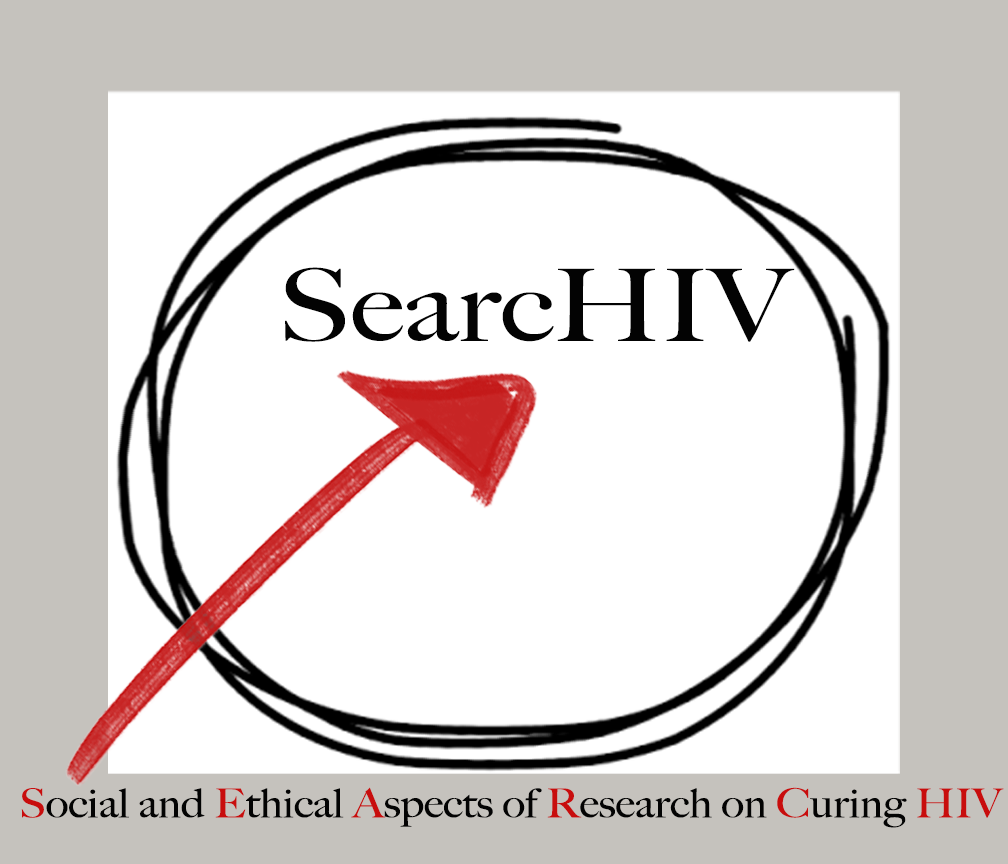By Karine Dubé
The IAS 2016 meeting was held in Durban, South Africa in July 2016. The IAS 2016 Towards an HIV Cure Research Symposium included a social sciences panel for the first time and the main conference featured talks on HIV cure research and ethics. It was also the first time an HIV cure research symposium was held in Africa. The conference was also a great reminder of the need for treatment, viral monitoring and PrEP implementation on the African continent.
Below are the major HIV-cure related research highlights that are particularly relevant to the searcHIV working group.
IAS 2015 Towards an HIV Cure Research Symposium: July 16 – 17, 2016
Website: http://www.iasociety.org/HIV-programmes/Towards-an-HIV-Cure/Events/2016-Symposium
Towards an HIV Cure: Engaging the Community Workshop
- The HIV cure symposium opened with a community engagement workshop. Participants were asked to reflect on the meaning of an HIV cure to them. Dr. Saéz-Cirion (https://research.pasteur.fr/en/member/asier-saez-cirion/) and Richard Jefferys discussed the main hurdles on the path towards an HIV cure.
- Judy Auerbach and David Evans discussed ways to integrate social sciences into the biomedical research agenda. Key areas of social research will include understanding the perspectives of patient-participants, clinician-researchers, policy-makers and funders and the general public and investigating the ethical considerations of HIV cure research. Issues of access, equity and costs were raised.
- A panel discussion featured Moses Supercharger who discussed HIV cure research from the perspective of someone living with HIV in Africa. Concerns around HIV treatment resistance were highlighted. There is a need to focus on viral suppression for everyone living with HIV. Moses also emphasized the need to simplify the language of HIV cure research.
2016 Towards an HIV Cure Symposium
- Anthony Fauci (National Institute of Allergy and Infectious Diseases) delivered the keynote address and reviewed potential strategies under investigation towards an HIV cure. These include latency-reversing agents, immune-based therapies, stem cell transplantations and the passive transfer of HIV-specific antibodies.
- The Towards an HIV Cure symposium held the first ethics and social sciences panel, led by Dr. Dianne Rausch (National Institute of Mental Health) and Dr. Nir Eyal (Harvard TH Chan School of Public Health). The key message was that HIV cure research must occur with the intent to preserve the trust of all stakeholders. Hopes for an HIV cure are low in early-phase studies.
- Andrew Philips (University College London) discussed the key drivers for the impact of an HIV cure intervention in sub-Saharan Africa using a modeling approach.
- Adam Gilbertson (UNC-Chapel Hill) summarized the unanticipated benefits of participating in early HIV cure research using qualitative methods.
- Ciara Staunton (Stellenbosch University) reviewed ethical and social implications of HIV cure research from South African stakeholders.
- Karine Dubé (UNC-Chapel Hill) presented the bivariate and multivariate results of a willingness to participate survey conducted among potential HIV cure research volunteers.
- The Towards an HIV Cure symposium also included a panel discussion on how to best bridge the biomedical and social sciences in HIV cure research moving forward, led by Judy Auerbach.
Main Conference Program – IAS 2016 HIV Cure Research Highlights
Social Sciences Highlights
- The main IAS 2016 conference featured a session on community engagement and ethics. This session covered the application of Good Participatory Practice (GPP) principles (http://www.avac.org/good-participatory-practice) to community education efforts and discussed treatment interruption from the perspective of potential HIV-positive volunteers. Further, results from a survey conducted in Australia among people living with HIV were presented.
- The scientific and ethical considerations surrounding HIV treatment in HIV cure research were highlighted, including a strong scientific justification, minimizing risks to study participants and a robust informed consent process.
- Allison Matthews (UNC-Chapel Hill) presented the outcome of an innovative community engagement contest using crowdsourcing in North Carolina.
For more details about HIV cure research at IAS 2016, please read:
http://www.aids2016.org/Media-Centre/The-Latest/Press-Releases/ArticleID/52

